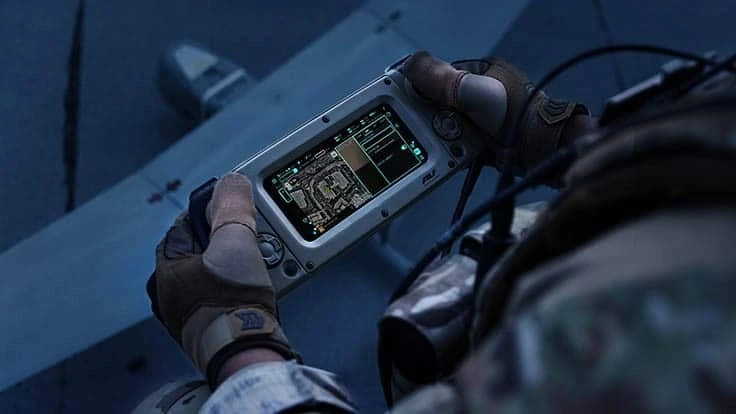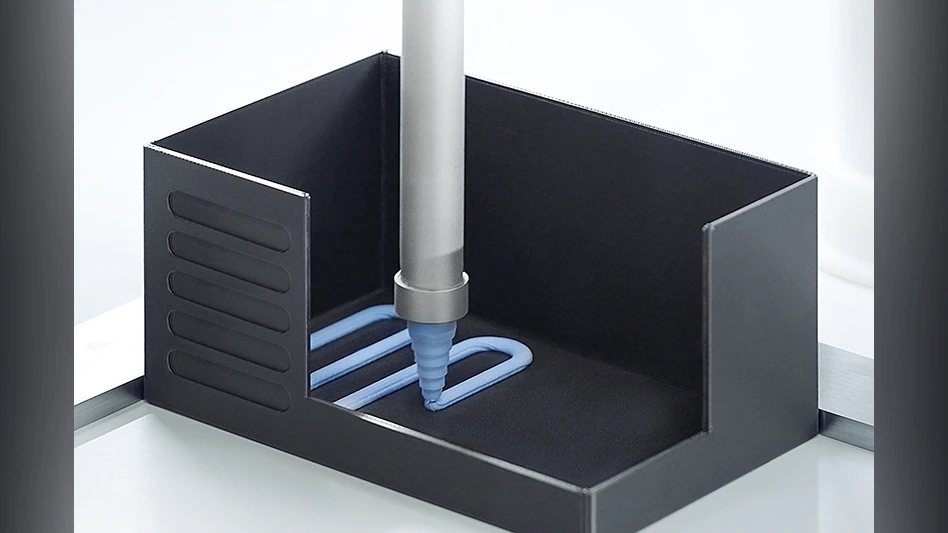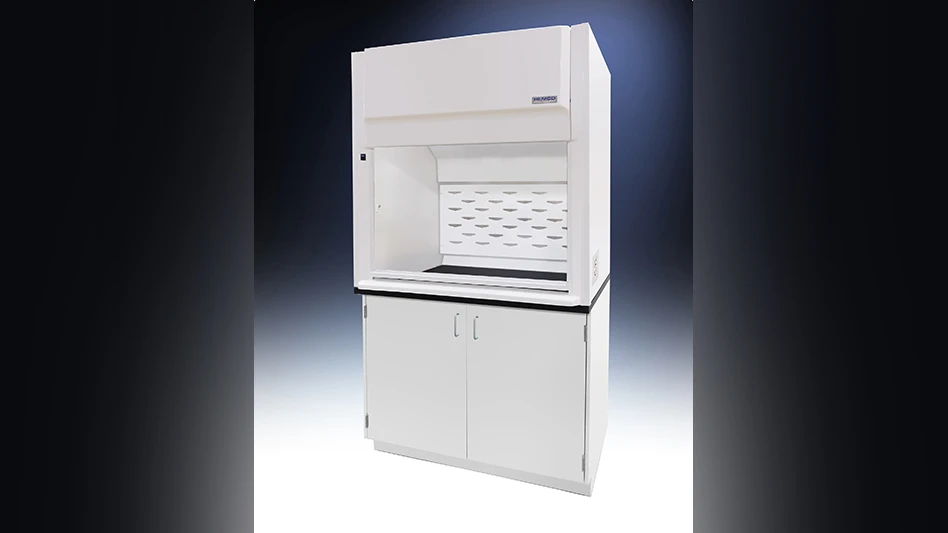
AeroVironment Inc.
Intelligent, multi-domain robotic systems manufacturer AeroVironment Inc. has introduced Crysalis, the company’s next-generation ground control solution. Crysalis is an integrated hardware and software-based ground control system (GCS) that provides command and control of compatible AeroVironment unmanned aircraft systems (UAS) and their payloads, through an intuitive user experience (UX).
Built around three core elements – software, hardware, and antennas – Crysalis was designed to make operating robotic systems easier than ever before. Crysalis offers complete interchangeability, either as modular elements or turnkey systems, both adaptable to meet specific mission requirements. Crysalis is cross-platform compatible with Android, Microsoft Windows, and Linux operating systems. The new GCS is available in multiple configurations ranging from lightweight and wearable to mobile and command center systems that are modular and scalable.
Crysalis was designed with the operator in mind, featuring an intuitive user interface (UI) to reduce cognitive load and training burden while enhancing situational awareness and battlefield collaboration. Through the easy-to-use Crysalis Control app, users can plan and execute flight missions as well as navigate and control UAS assets and payloads with one-click access to critical information, modes, and telemetry meta data. Additional operational participants can gain enhanced situational awareness, share information, and collaborate on tactical decisions by accessing telemetry and downlink data through remote video terminals, while also allowing them to capture data directly on their devices. Crysalis standardizes the user experience across all AeroVironment small UAS platforms, simplifying the training requirements and operation of Puma, Raven, and Wasp.
“With the introduction of Crysalis, we are streamlining command and control of our small UAS and empowering warfighters with actionable intelligence at the speed of war to increase their tactical decision making,” said Wahid Nawabi, AeroVironment chairman and chief executive officer. “Crysalis can be integrated into our portfolio of intelligent, multi-domain robotic systems and deliver easy-to-use, yet powerful new capabilities that enable our customers to succeed in full spectrum operations.”
The Crysalis GCS is available in scalable hardware configurations with all necessary software components pre-configured for quick mission deployment. These range from the Crysalis Ultralight GCS that provides full control of UAS and payloads through virtual control or tactile joysticks on a wearable smartphone configuration to Crysalis Command GCS – a command center configuration featuring a ruggedized laptop. Every Crysalis GCS configuration is natively compatible with AeroVironment’s Digital Data Link (DDL) radios and antennas, is designed for plug-and-play compatibility with Nett Warrior and can integrate with both third-party command and control and battlefield management applications.
“As a software-based ecosystem, Crysalis will continue to develop and evolve based on customer needs and front-line user feedback with expanded aircraft command and control capabilities, software features, and Internet of Battle-Field Things (IoBT) compatible functionality,” said Tom Vaneck, AeroVironment vice president of solution strategy.
AeroVironment has delivered tens of thousands of new and replacement unmanned air vehicles to customers within the United States and to more than 50 allied governments.
Latest from Aerospace Manufacturing and Design
- 2024 Favorites: #9 Article – 5 tips for upskilling your aerospace machinists
- 2024 Favorites: #9 News – Siemens acquires Altair Engineering
- 2024 Favorites: #10 Article – How 3D-printed aviation parts can accelerate return to air
- 2024 Favorites: #10 News – Boom Supersonic completes Overture Superfactory
- OMIC R&D hosts Supporting Women in Manufacturing Day 2024
- 4D Technology's AccuFiz SWIR interferometer
- Seventh Lockheed Martin-built GPS III satellite launches
- KYOCERA AVX's CR Series high-power chip resistor





